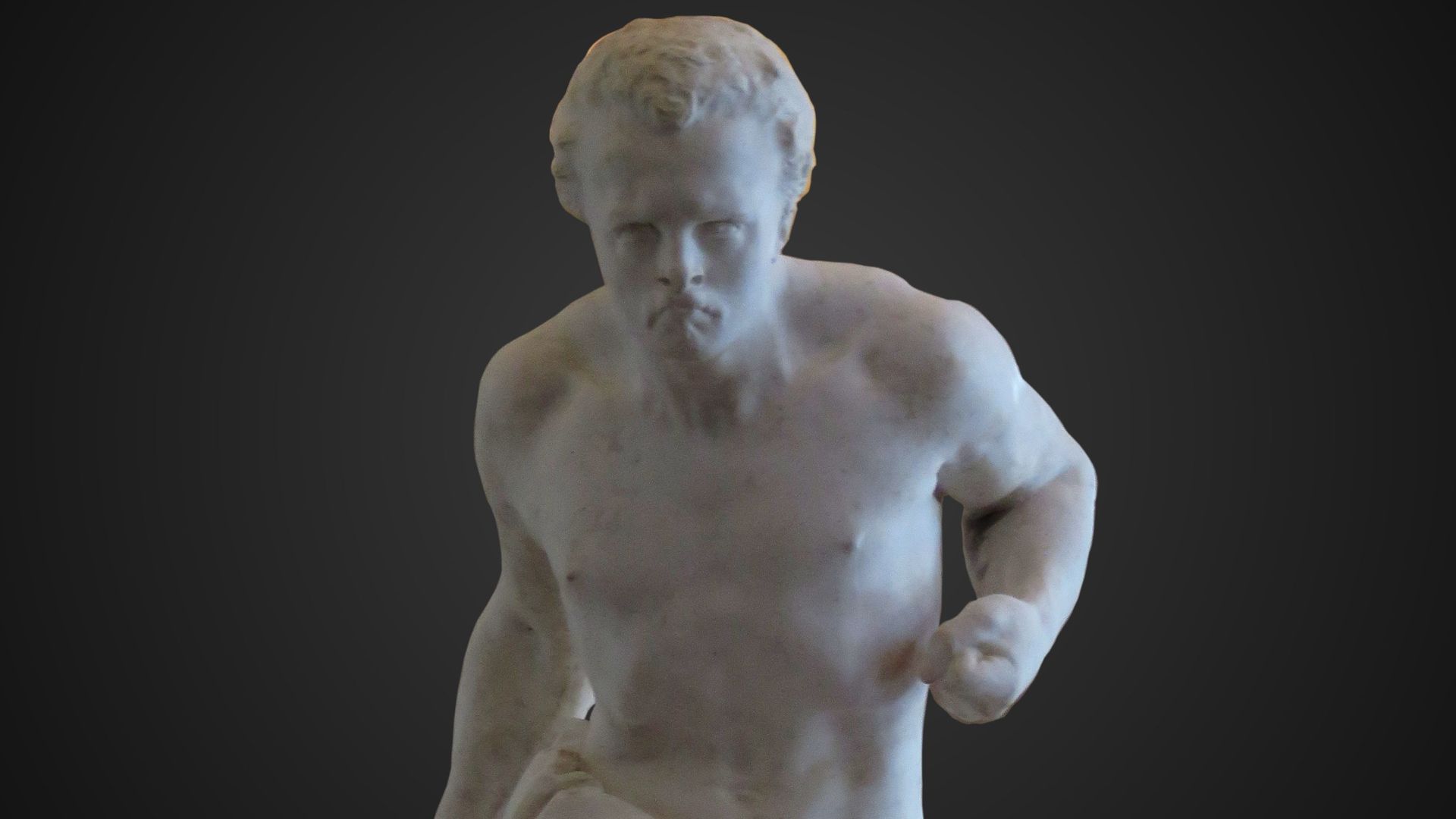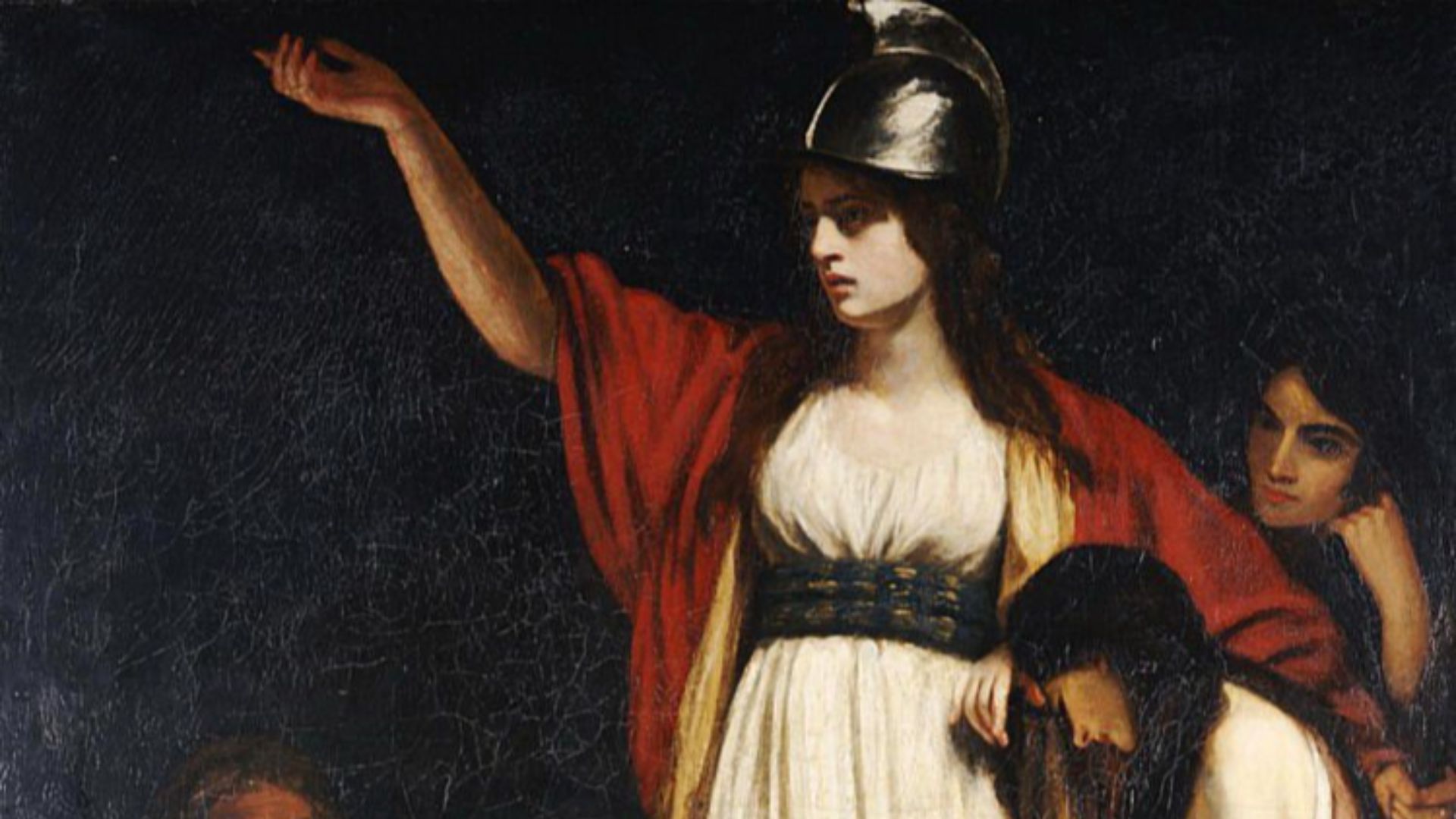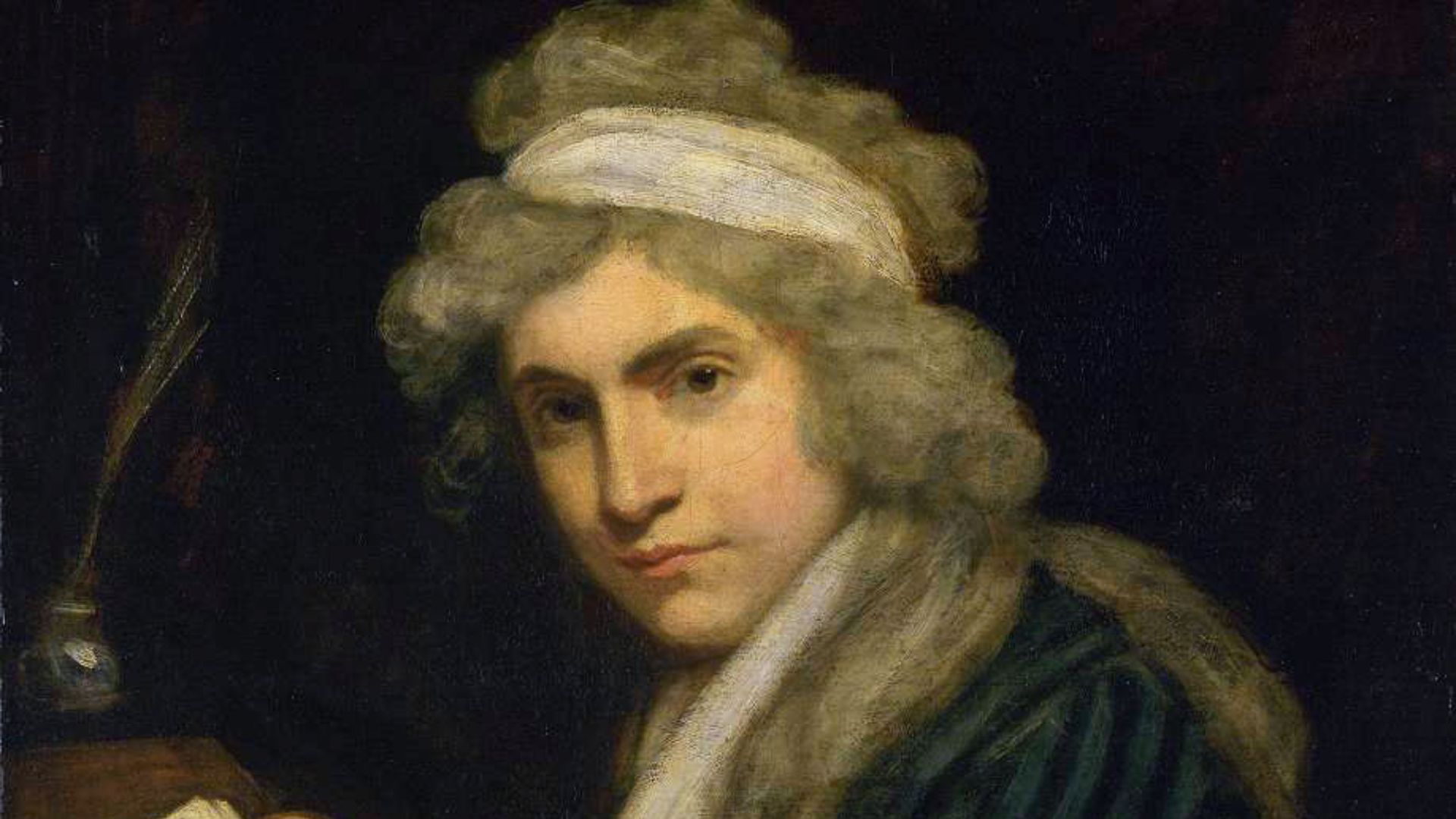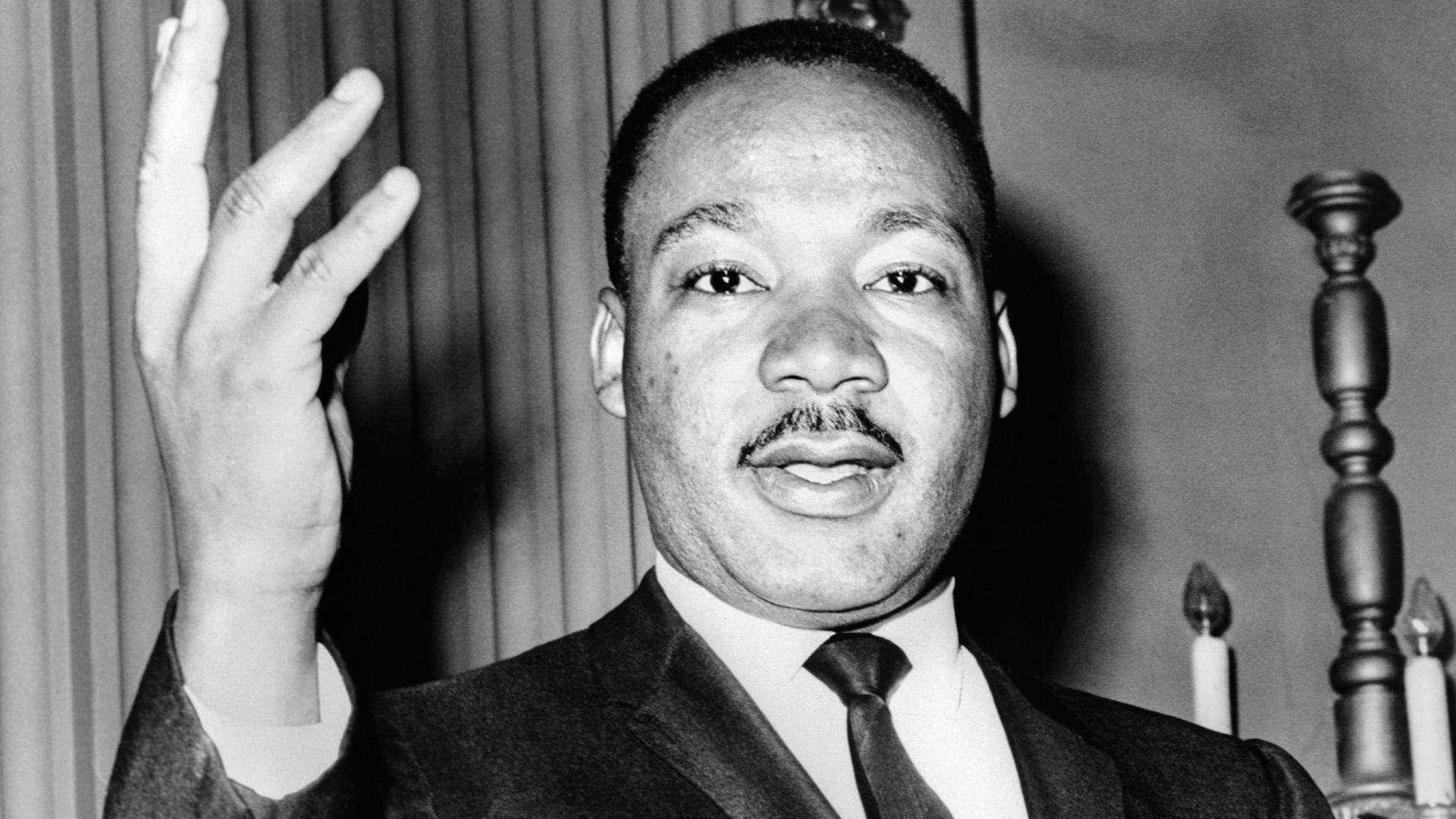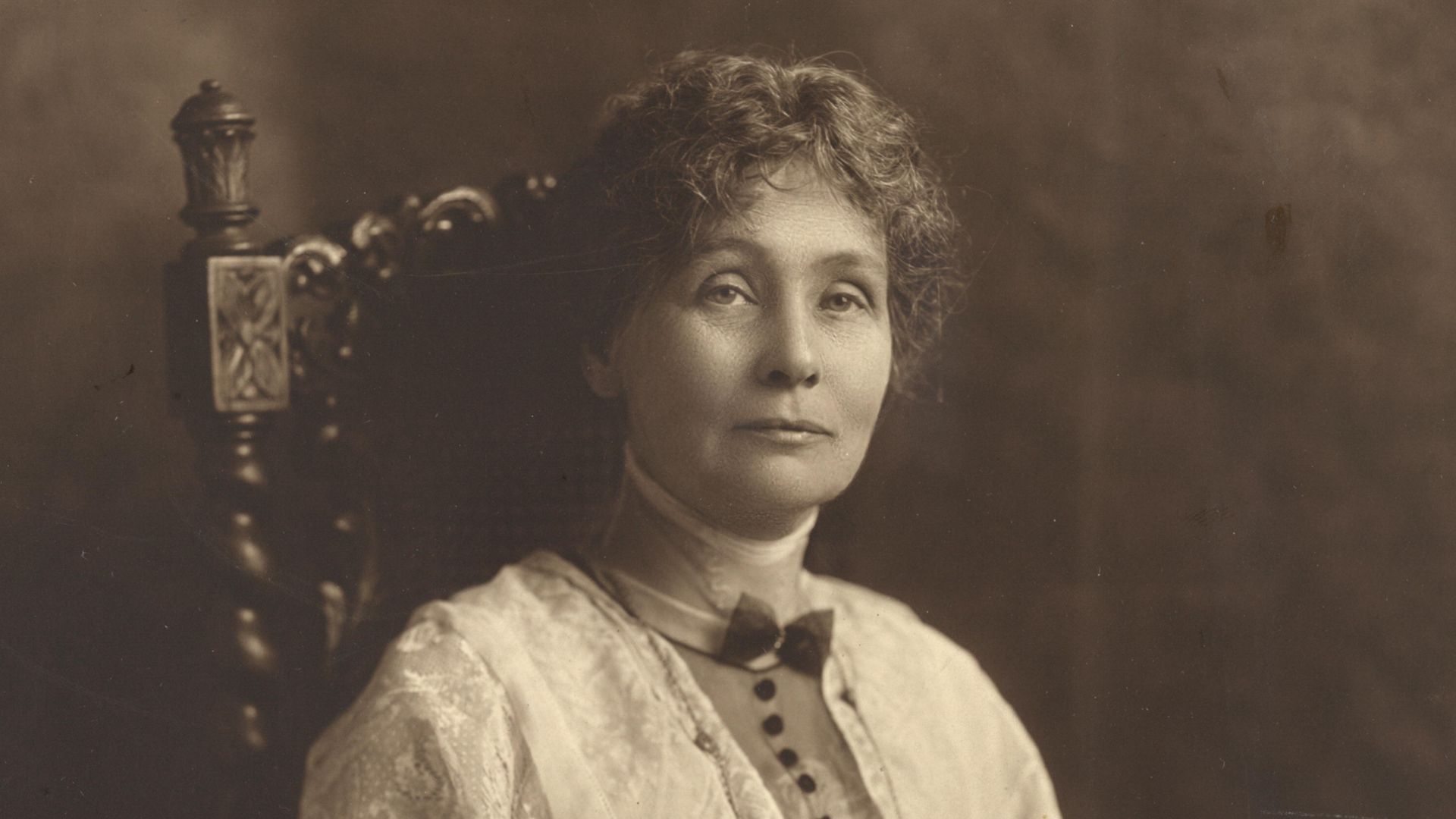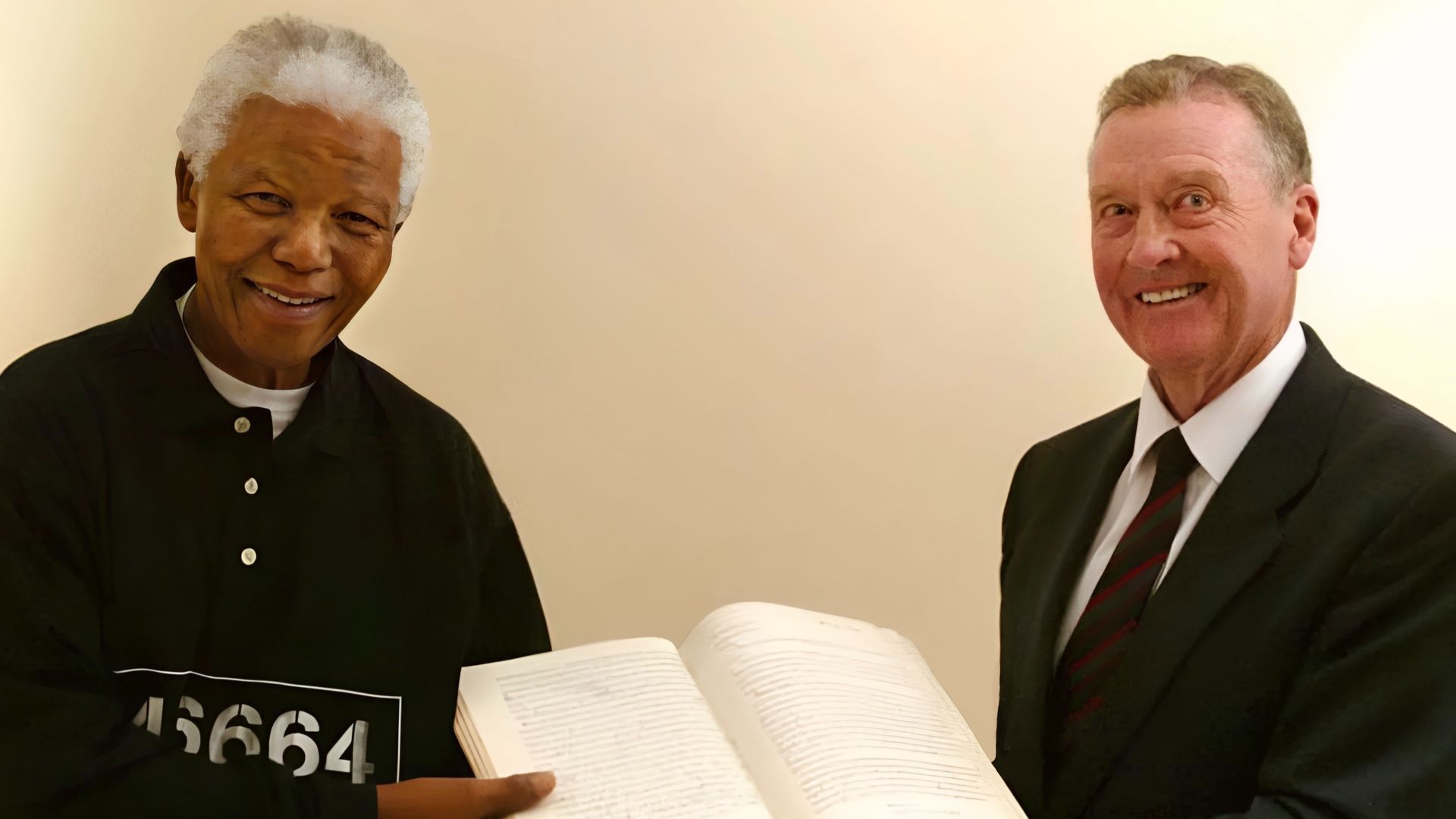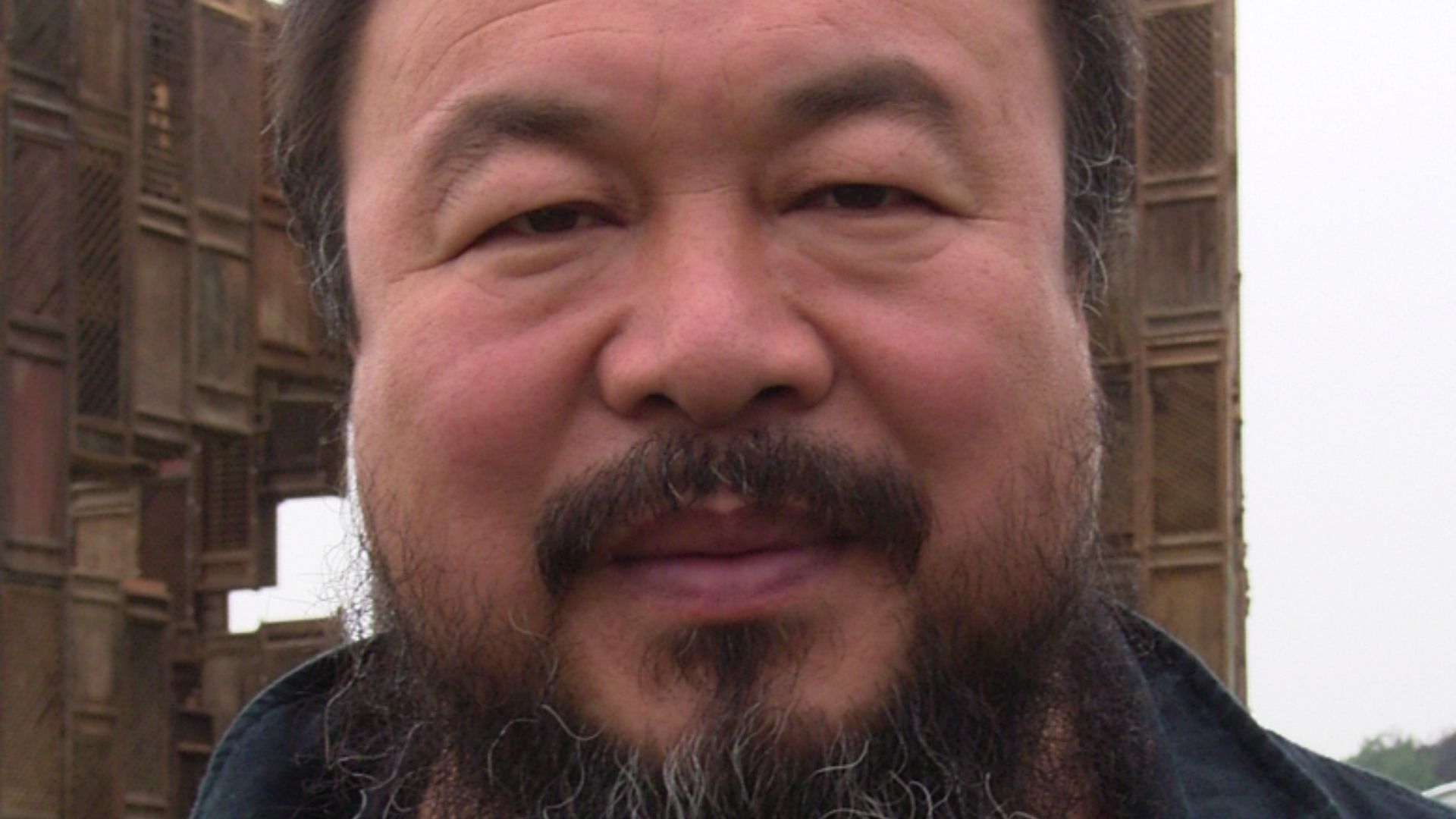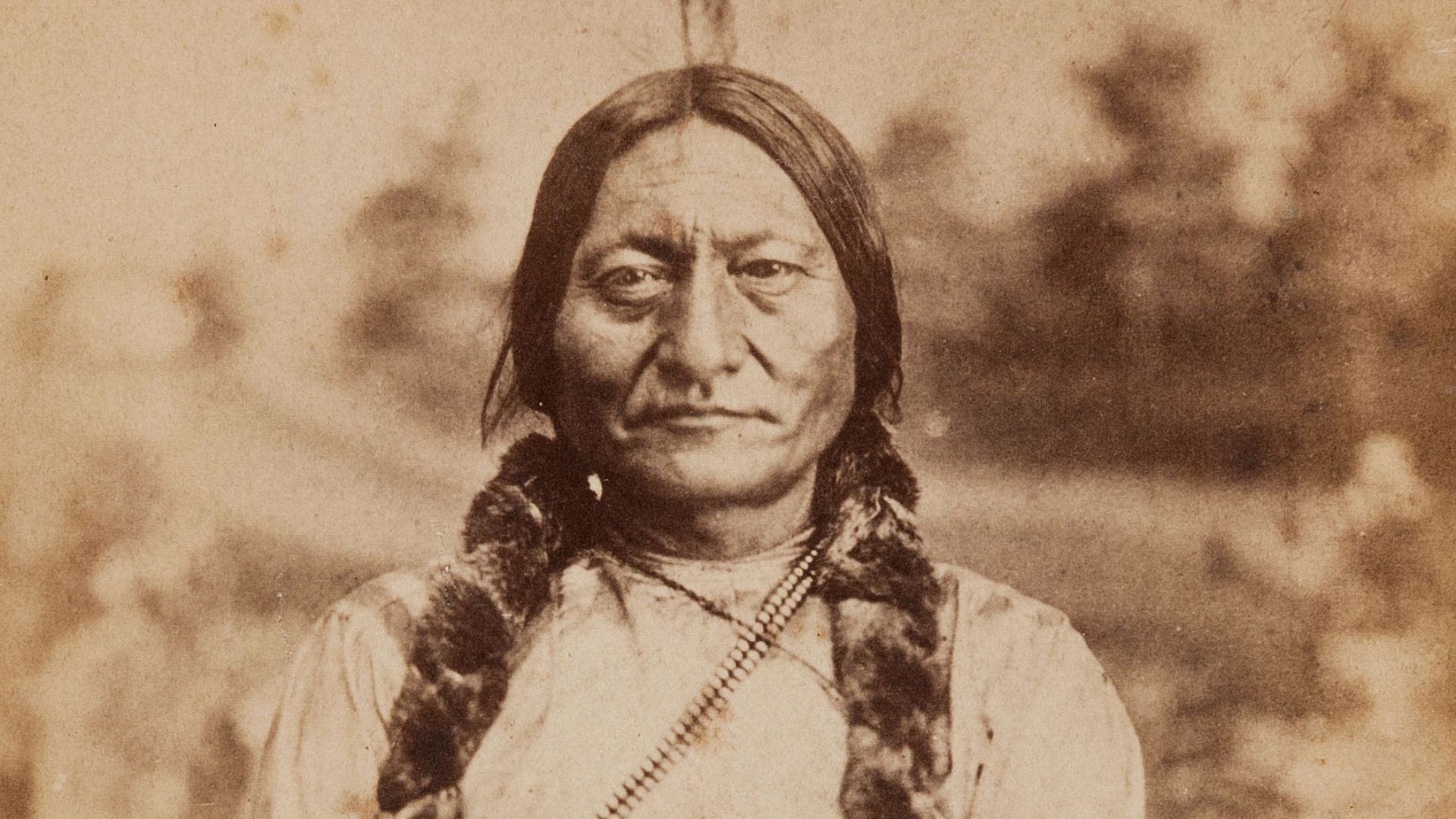20 Of History's Greatest Rebels That Challenged The Status Quo
Defying The Norm
History often remembers those individuals who looked at the world around them and decided things needed to change badly. These weren't your typical politicians or generals following orders. They were the troublemakers, the question-askers, the ones who said "absolutely not" when everyone else stayed quiet. It's time to look at 20 notable figures who turned their defiance into lasting change.
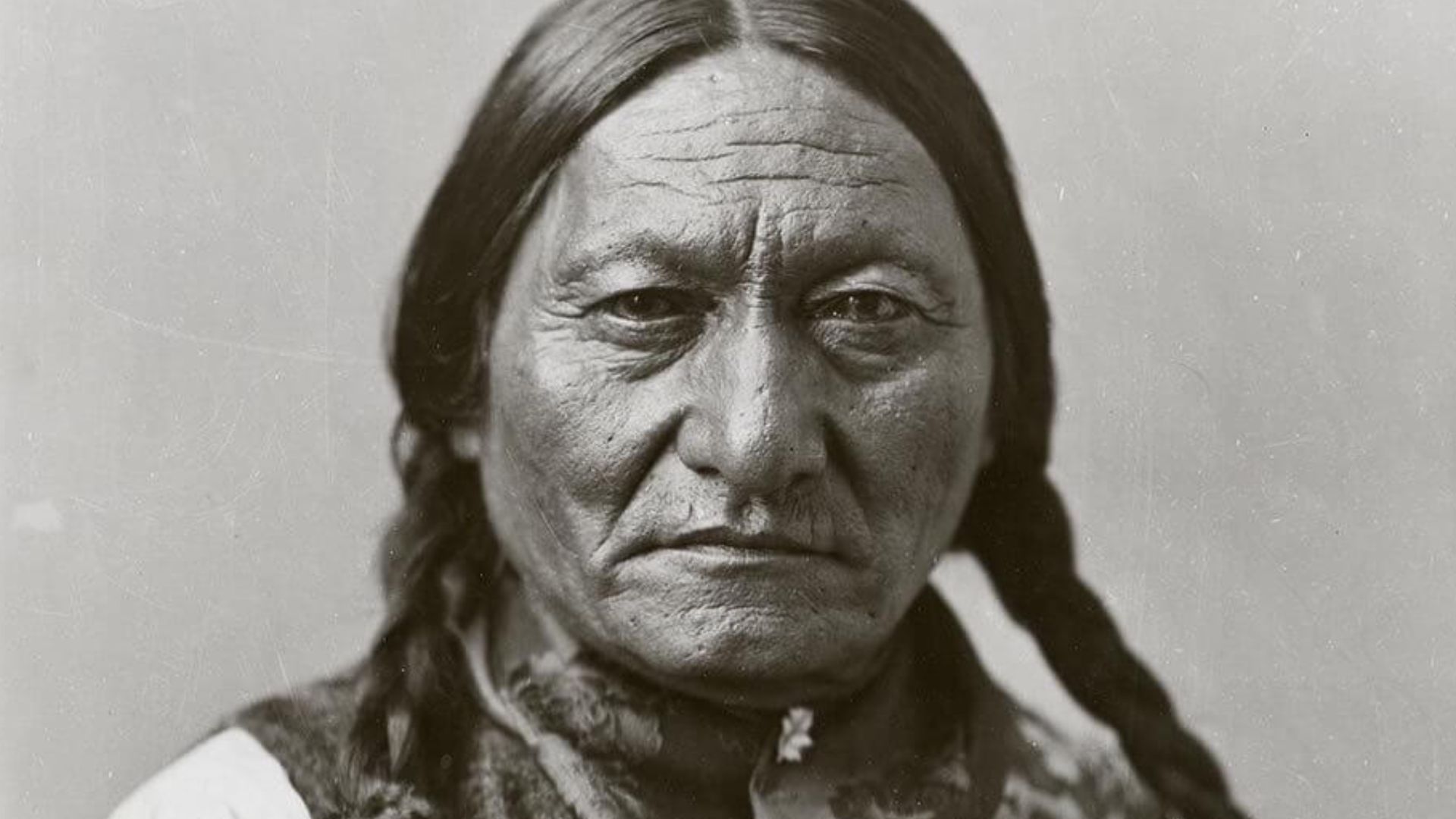 William Notman & Son on Wikimedia
William Notman & Son on Wikimedia
1. Spartacus
Armed with nothing but kitchen tools, a gladiator named Spartacus escaped his training school and ignited Rome's worst nightmare. Between 73 and 71 BCE, he led the Third Servile War and defeated multiple Roman legions before finally falling in battle.
2. Zenobia
Zenobia was a 3rd-century queen of the Palmyrene Empire in Syria. Following the assassination of her husband, Odaenathus, she openly declared herself empress and her son emperor, breaking away from Rome and styling herself as "Queen of the East."
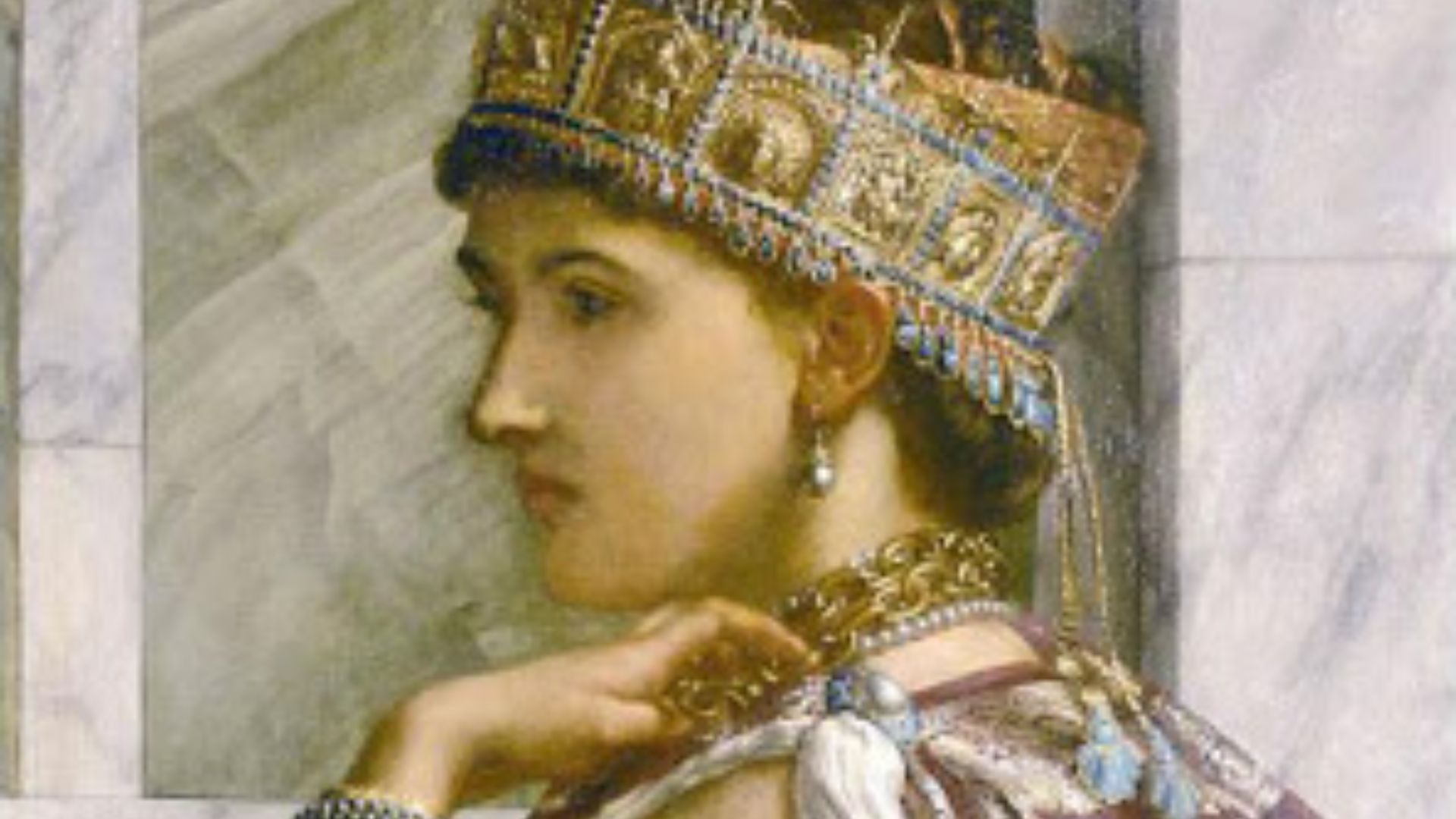 Sir Edward Poynter (1878) on Wikimedia
Sir Edward Poynter (1878) on Wikimedia
3. Boudica
In 60-61 CE, Boudica's forces razed Colchester, London, and St Albans, forcing Rome to abandon Londinium temporarily. Her rebellion became so legendary that Victorian Britain later adopted her as a national folk icon. There lies archaeological evidence of burned layers in these cities.
4. Joan Of Arc
Though completely illiterate, Joan dictated commanding letters to kings and military captains with startling authority. Her 1429 victory lifting the Siege of Orléans marked a turning point in the Hundred Years' War. The Catholic Church burned her as a heretic in 1431.
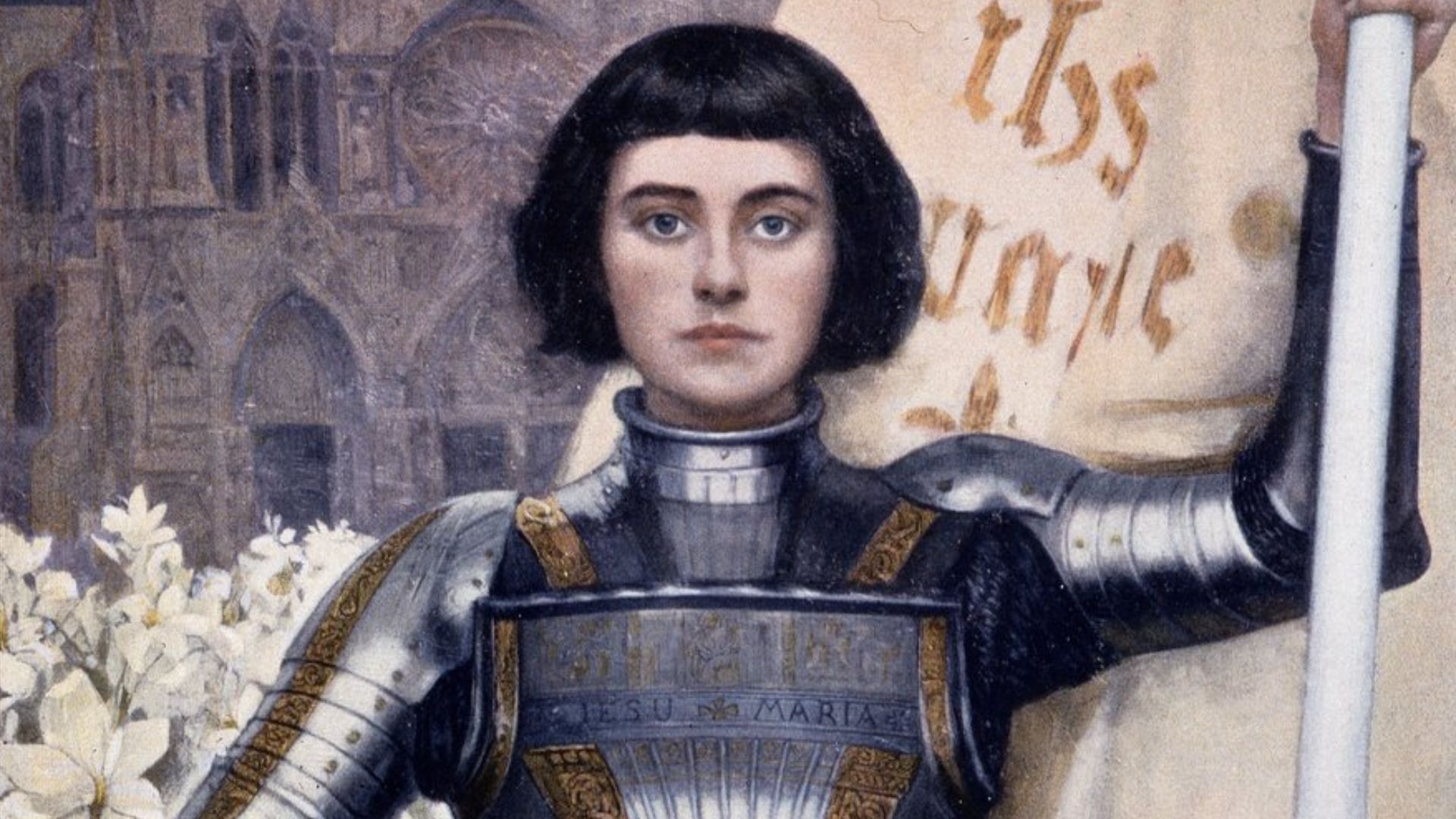 After Albert Lynch on Wikimedia
After Albert Lynch on Wikimedia
5. Martin Luther
The printing press made Martin Luther history's first viral revolutionary when his 95 Theses spread like wildfire across Europe in 1517. Hidden away in Wartburg Castle after the Edict of Worms condemned him in 1521, Luther translated the Bible into German, democratizing Christianity.
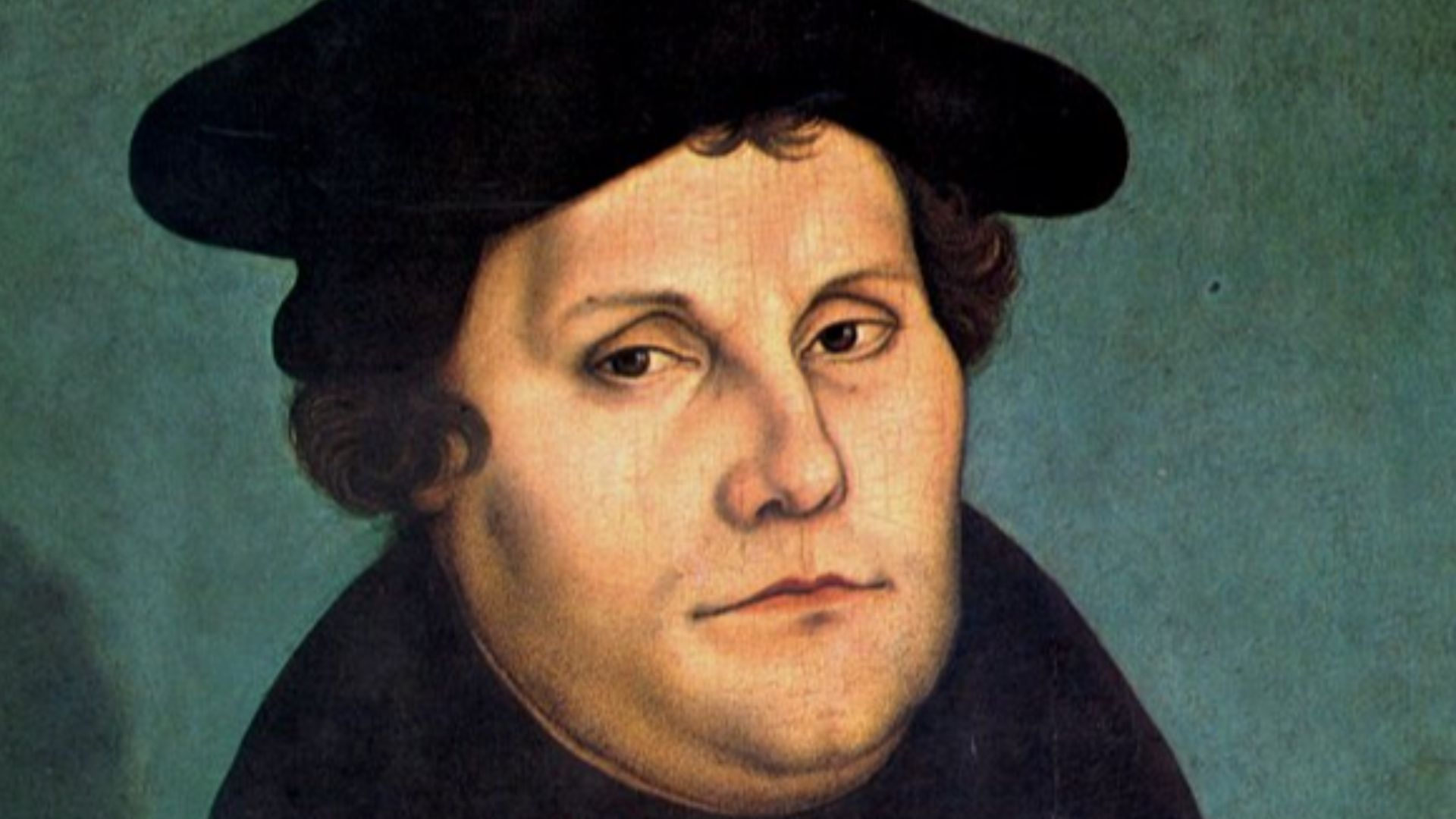 Lucas Cranach the Elder on Wikimedia
Lucas Cranach the Elder on Wikimedia
6. Mary Wollstonecraft
Decades before women could vote, Wollstonecraft wrote A Vindication of the Rights of Woman in 1792, arguing for equal education when such ideas were considered radical heresy. This legend ran a progressive girls' school and questioned societal norms through direct action.
7. Galileo Galilei
Galileo Galilei was a pioneering astronomer, physicist, and mathematician who became a significant scientific rebel by challenging the dominant geocentric view endorsed by the Catholic Church. He also promoted the heliocentric theory that the Earth revolves around the Sun.
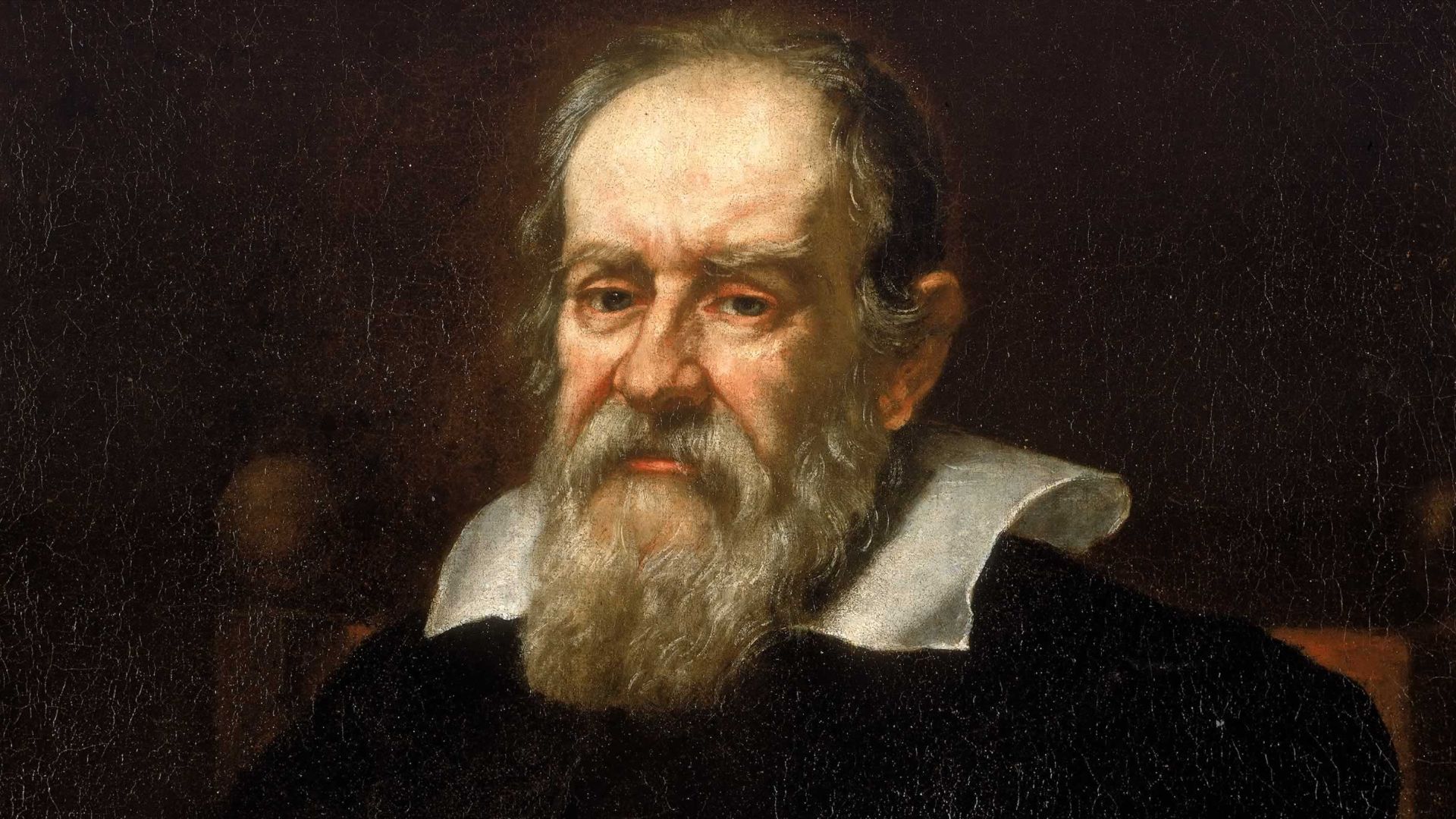 Justus Sustermans on Wikimedia
Justus Sustermans on Wikimedia
9. Mahatma Gandhi
The London-trained barrister who loved spinning wheels launched India's mass civil disobedience movement. This included the famous Salt March in 1930. Gandhi's "satyagraha" or "truth force" approach reshaped resistance. He was a prominent leader in the anti-colonial nationalist movement against British rule.
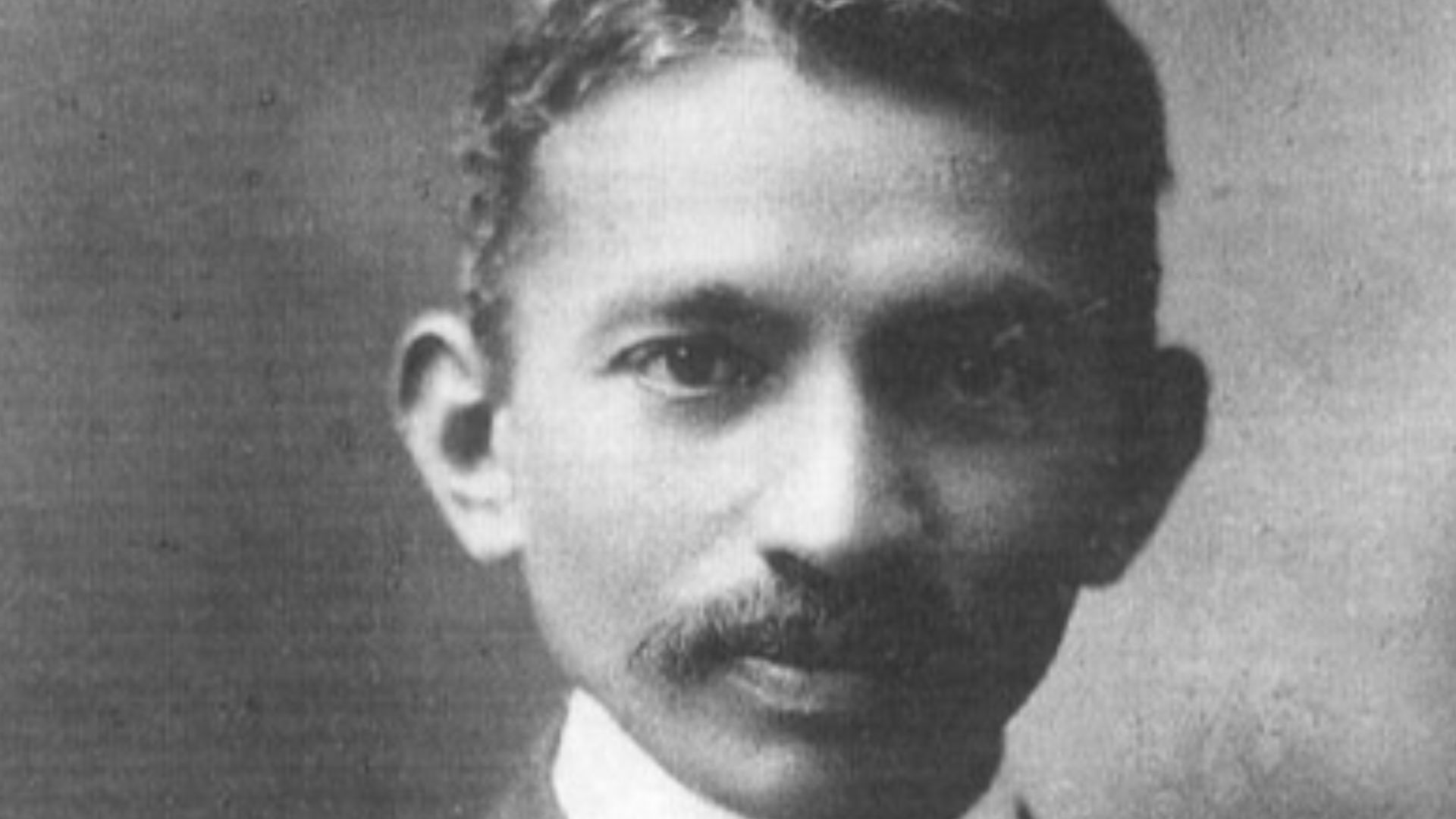 Unknown authorUnknown author on Wikimedia
Unknown authorUnknown author on Wikimedia
8. Toussaint Louverture
Toussaint led history's only successful slave revolution between 1791 and 1804. He abolished slavery in Saint-Domingue and defeated European armies with tactical genius to prove that enslaved people could overthrow their oppressors. Sadly, he died in a French prison before Haiti's independence.
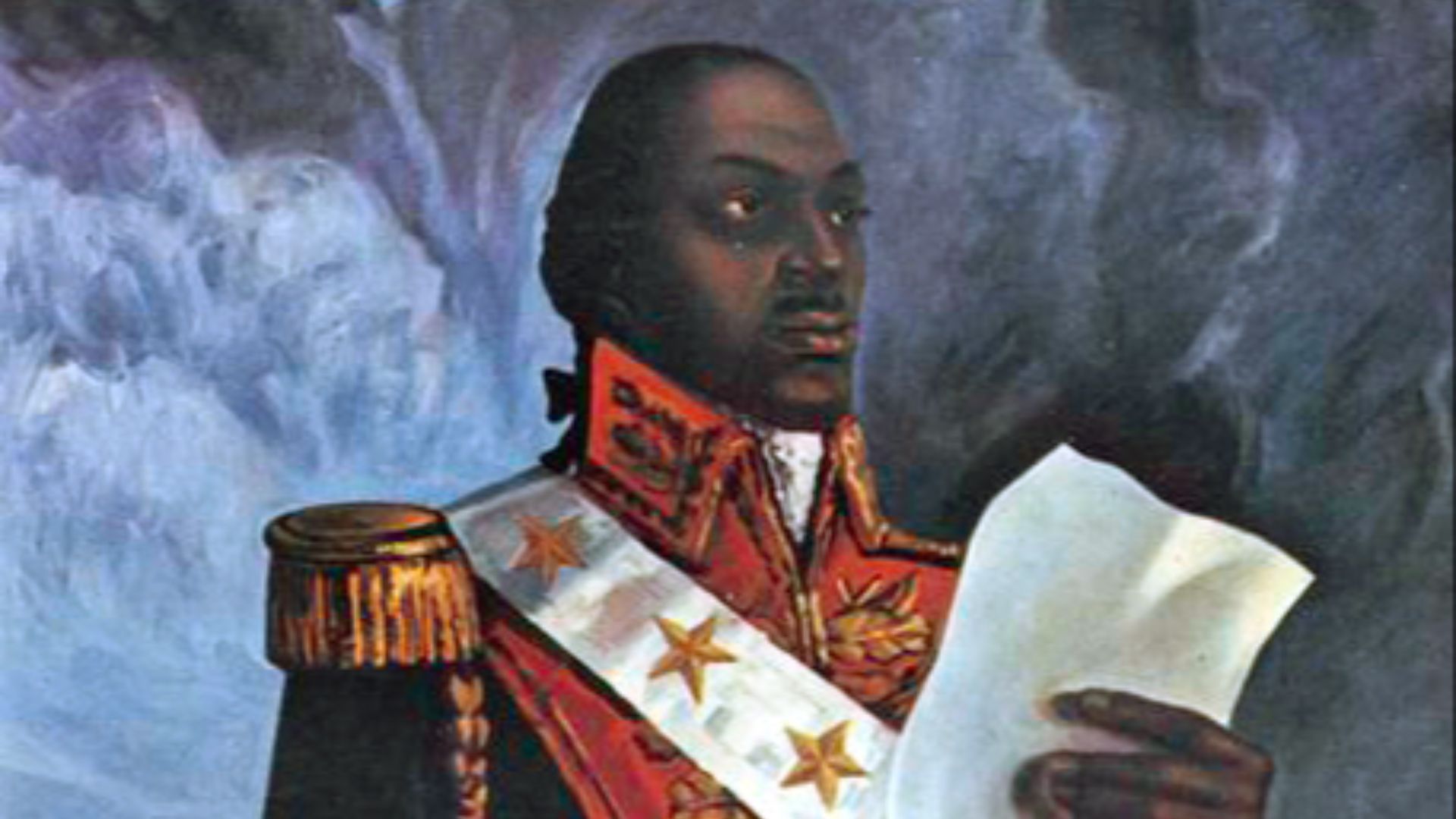 Unknown authorUnknown author on Wikimedia
Unknown authorUnknown author on Wikimedia
10. Rosa Parks
When Rosa Parks chose not to surrender her bus seat in Montgomery in 1955, she wasn't just tired—she was a seasoned activist ready for change. Her calculated act of defiance sparked a 381-day boycott that ended bus segregation forever.
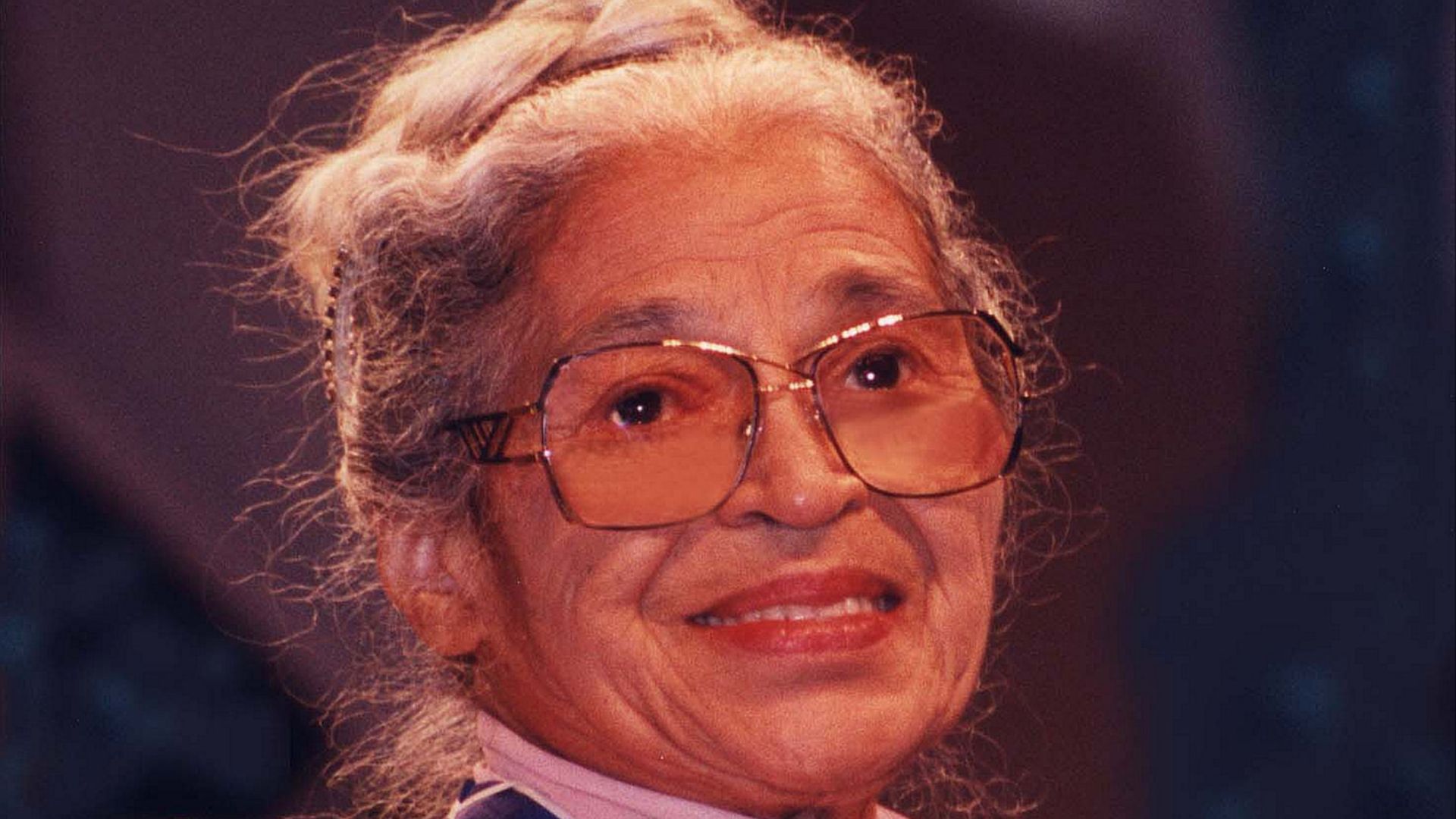 John Mathew Smith & www.celebrity-photos.com from Laurel Maryland, USA on Wikimedia
John Mathew Smith & www.celebrity-photos.com from Laurel Maryland, USA on Wikimedia
11. Martin Luther King Jr.
Dozens of jail cells couldn't contain his vision of racial equality as Martin Luther King Jr. led the American civil rights through nonviolent campaigns. His 1963 March on Washington drew several people. The man’s speeches quoted the Constitution and the Bible with equal eloquence.
12. Emmeline Pankhurst
"Deeds, not words" blazed across purple-green-white banners as Emmeline Pankhurst founded the Women's Social and Political Union in 1903. Her militant tactics pushed Britain toward women's suffrage through calculated civil disobedience and meticulous protests. She endured repeated arrests and hunger strikes.
13. Harriet Tubman
Armed with a pistol to prevent panic among fleeing slaves, Harriet Tubman escaped slavery and returned thirteen times to guide others to freedom. Her Underground Railroad missions freed approximately seventy people from Southern plantations. The 1863 Combahee River Raid also liberated enslaved folks.
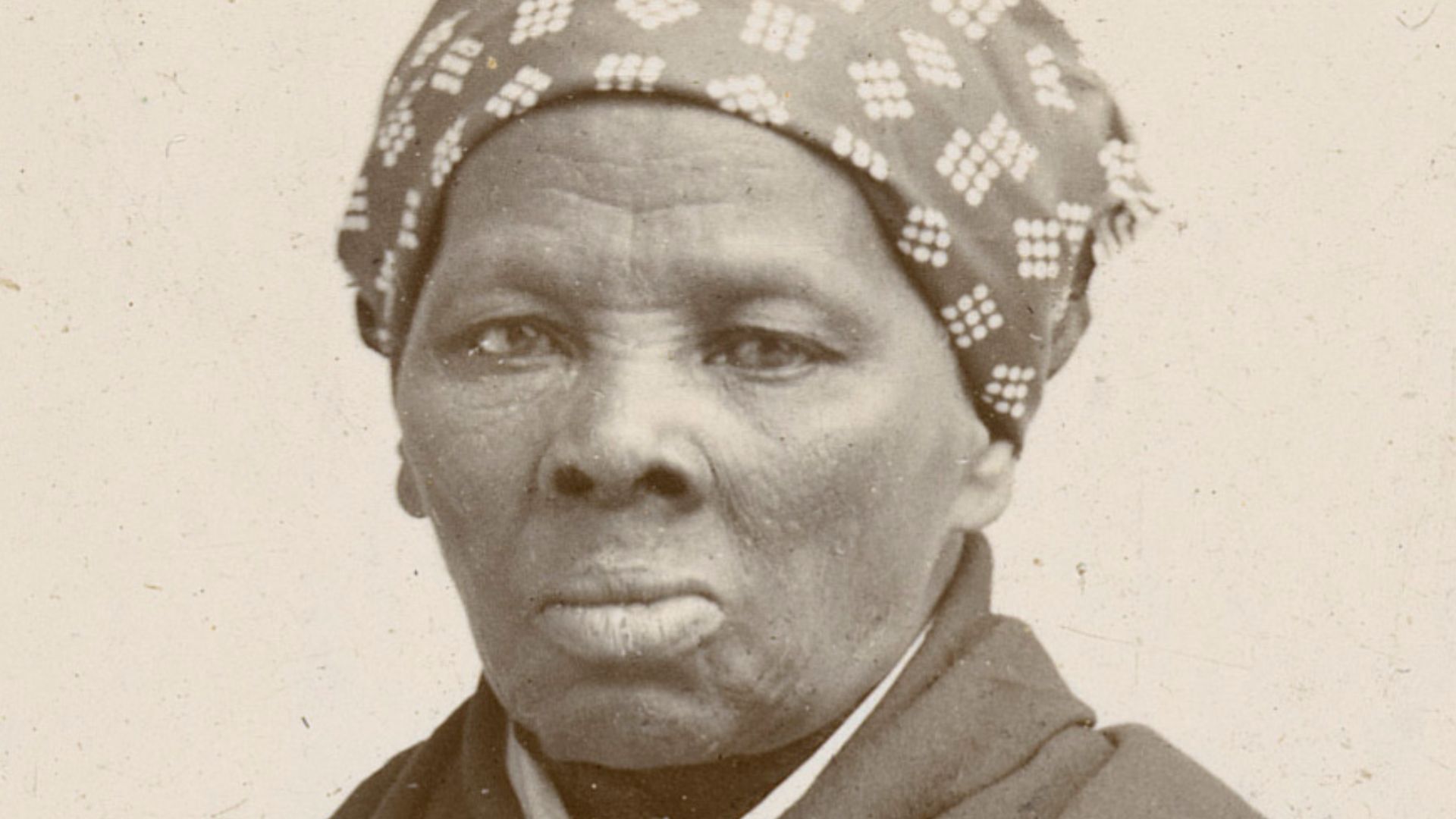 Horatio Seymour Squyer on Wikimedia
Horatio Seymour Squyer on Wikimedia
14. Malcolm X
University campuses across Britain and America packed auditoriums to hear this gifted debater challenge white supremacy with intellectual fire. Malcolm X championed Black autonomy and human rights throughout the 1960s. It globalized the struggle after his transformative 1964 Mecca pilgrimage.
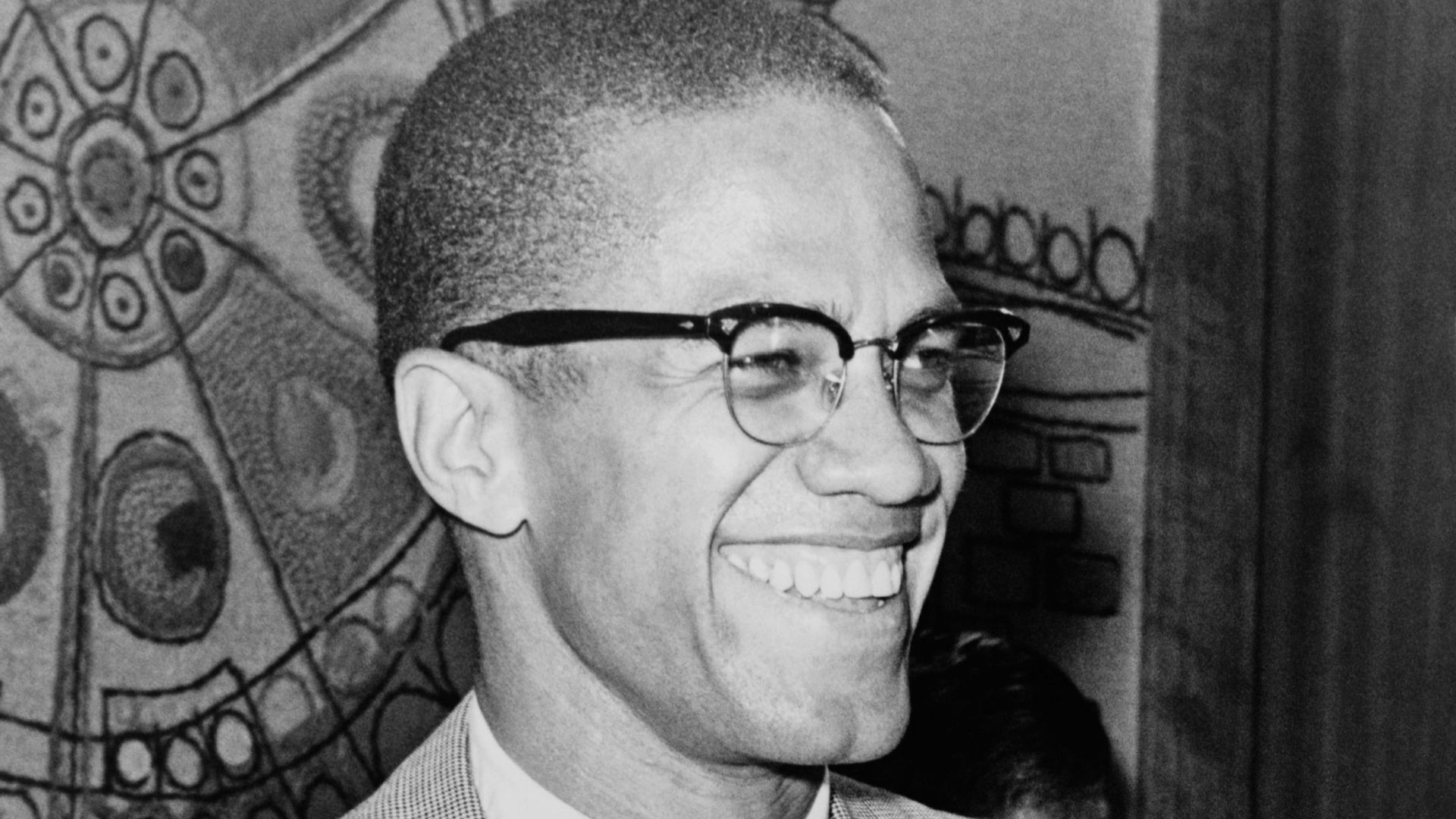 Ed Ford, World Telegram staff photographer on Wikimedia
Ed Ford, World Telegram staff photographer on Wikimedia
15. Che Guevara
A physician's stethoscope became a revolutionary's rifle when Che Guevara abandoned medicine for guerrilla warfare in Cuba's mountains. Between 1956 and 59, he served as a key strategist of the Cuban Revolution, helping topple Batista's dictatorship through brilliant tactical planning.
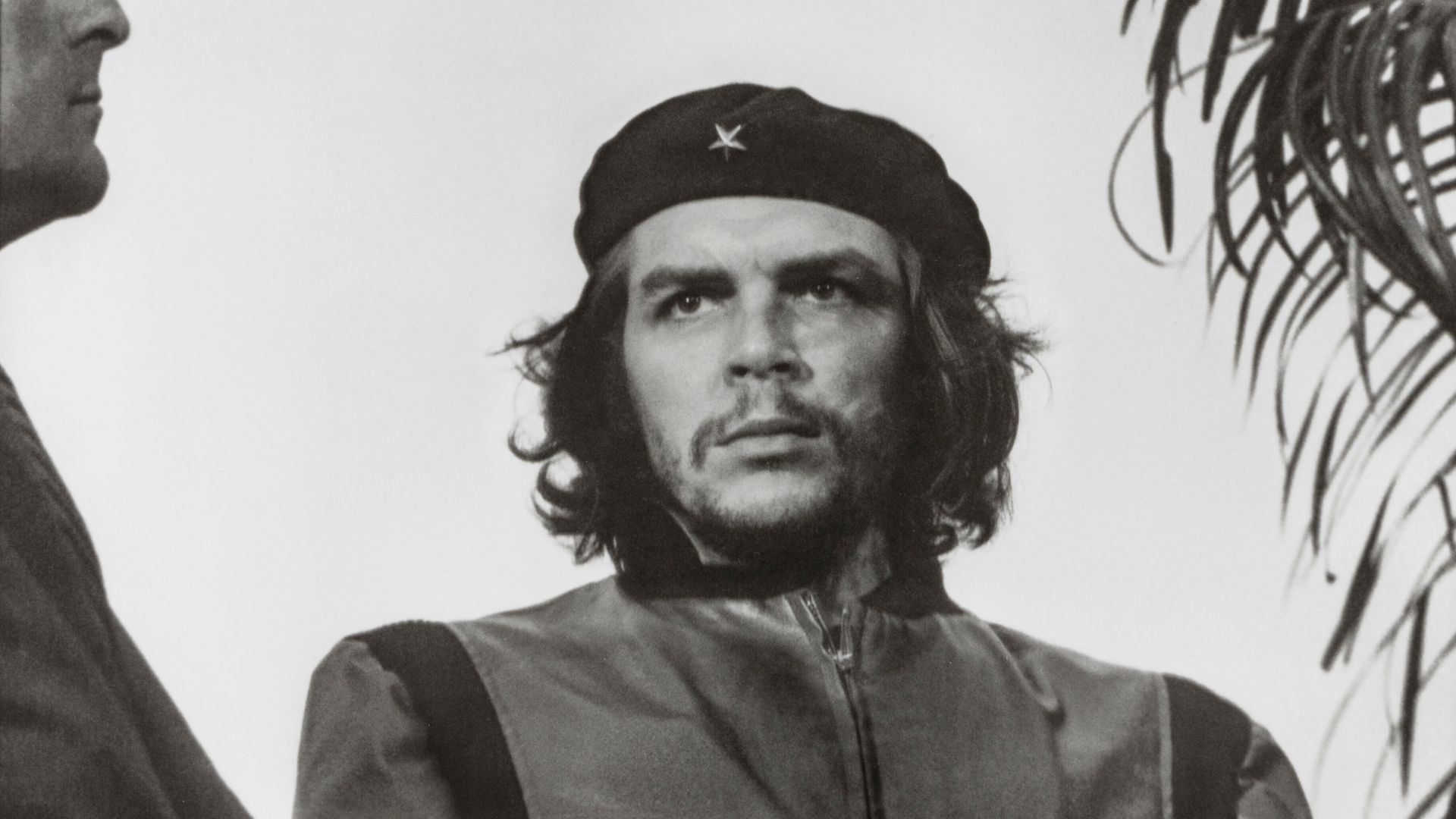 Alberto Diaz Gutierrez (Alberto Korda) on Wikimedia
Alberto Diaz Gutierrez (Alberto Korda) on Wikimedia
16. Nelson Mandela
Twenty-seven years behind bars couldn't break the spirit of South Africa's most famous political prisoner. Nelson Mandela kept a secret garden on Robben Island. His 1994 election as South Africa's first Black president completed an extraordinary journey as a reconciler.
17. Václav Havel
Havel was a Czech playwright, essayist, and political dissident in Czechoslovakia. He rose to prominence during the Prague Spring of 1968, advocating for political reform and freedom, but after the Soviet-led invasion crushed the movement, his plays were banned.
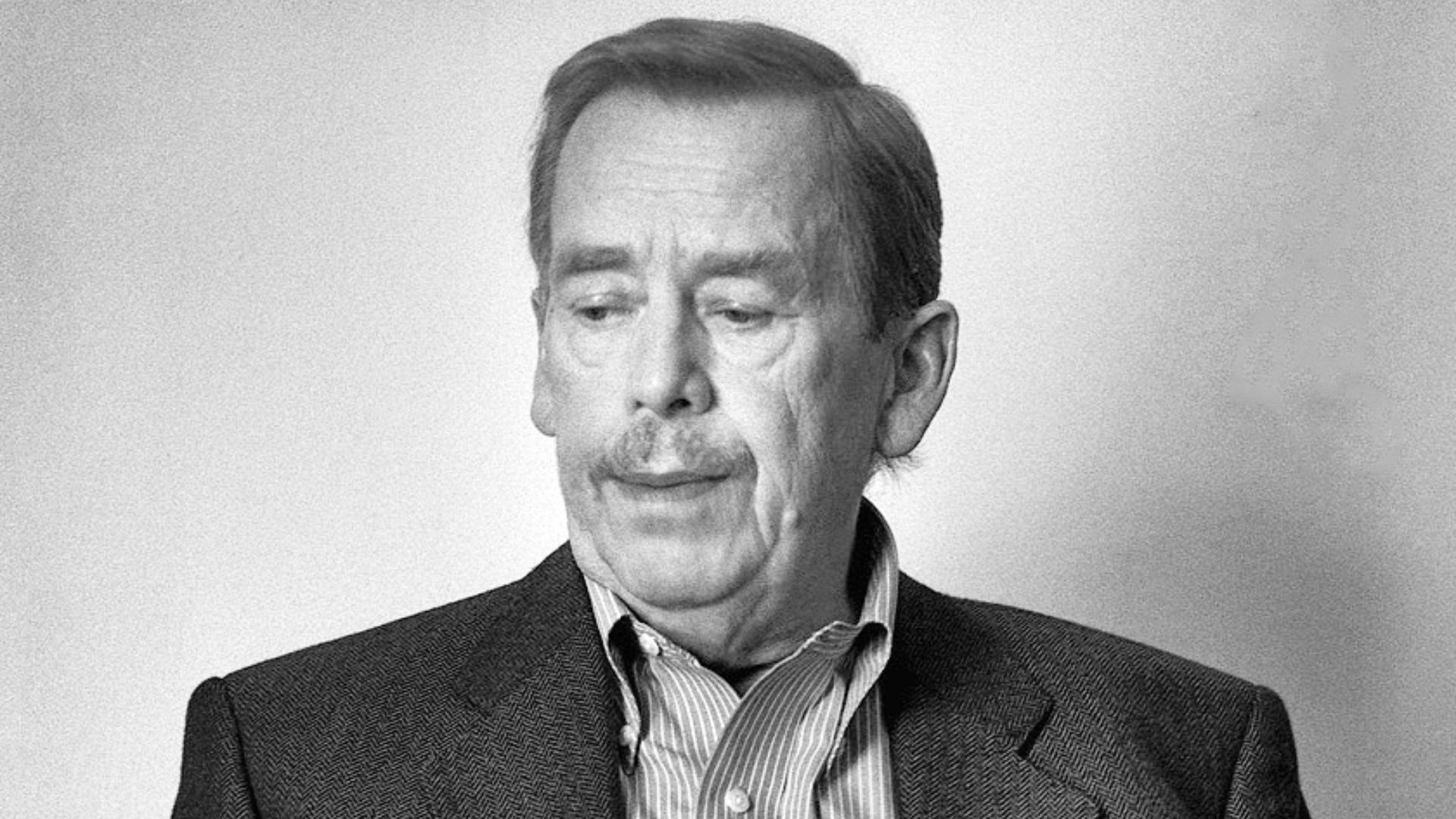 original: Jiří Jiroutek derivative work: ThecentreCZ on Wikimedia
original: Jiří Jiroutek derivative work: ThecentreCZ on Wikimedia
18. Ai Weiwei
Millions of hand-painted porcelain "seeds" filled London's Tate Modern, but Ai Weiwei's most dangerous art exposed Chinese government corruption after the devastating 2008 earthquake. His bold criticism of shoddy construction and official cover-ups led to his detention in 2011 by authorities.
19. Edward Snowden
Working inside the system as an NSA contractor, this individual discovered the scope of government mass surveillance programs that targeted innocent citizens. Snowden’s 2013 leaks revealed unprecedented data collection operations. It sparked global debates about privacy rights versus national security.
 https://www.youtube.com/user/TheWikiLeaksChannel on Wikimedia
https://www.youtube.com/user/TheWikiLeaksChannel on Wikimedia
20. Sitting Bull
Sitting Bull was a unifying leader of the Lakota Sioux who resisted U.S. encroachment on Native lands. He inspired and led tribal alliances in armed resistance, notably during the Battle of the Little Bighorn, where U.S. forces were defeated.
KEEP ON READING

A Roman Wall Just Rewrote Switzerland's History
Frank on UnsplashMost major archaeological discoveries don't start with anything…
By Cameron Dick Feb 27, 2026
20 Fashion Rules High Society Took Way Too Seriously
The Social Minefield of Proper Dressing. High society loved a…
By Elizabeth Graham Feb 27, 2026
10 Historical Figures Who Were Famous For Their Love of…
Pets With a Side of History. Some historical figures were…
By Emilie Richardson-Dupuis Feb 27, 2026
No One Talks About Just How Creepy Some Irish Folklore…
Ireland's Dark Mythological Underbelly. When most people think of Irish…
By Annie Byrd Feb 27, 2026
20 Disappearances That Still Haunt Investigators
The Missing That Won’t Stay Quiet. Some disappearances refuse to…
By Cameron Dick Feb 27, 2026
10 Controversial Nobel Peace Prize Winners & 10 Who Deserved…
Prestige or a Scam?. The Nobel Peace Prize can be…
By Sara Springsteen Feb 27, 2026

